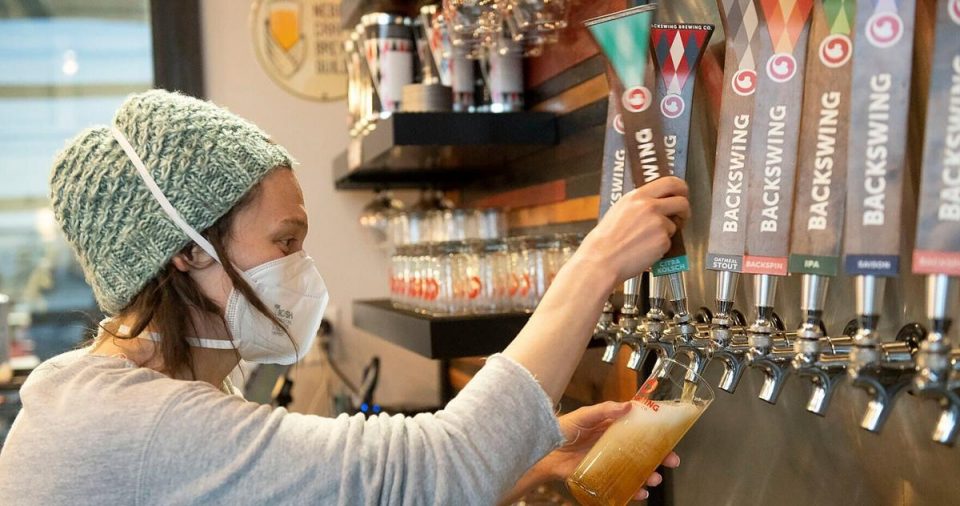The distributors, in turn, then sell the beer to retail market locations such as bars, liquor stores and groceries.
There’s just one catch, Hoeft said.
“There’s nothing in that law that says (the distributors) are required to pick me up because they are not an arm of the state,” he said. “So, I have distribution throughout much of Nebraska, but I don’t have any presence in the two largest beer markets.”
A pair of bills heard by state lawmakers on the General Affairs Committee would allow craft brewers to distribute their own beers to retailers if they are unable to find a partner willing to put them into a certain market.
But the proposals, both introduced by Sen. John Lowe of Kearney, differ in how much and where the craft breweries could distribute on their own, putting the producers and the distributors at odds in a marathon hearing last Monday.
The first bill (LB1235) would allow a small brewery to apply for a special liquor license to sell up to 500 barrels — roughly 1,000 kegs — of beer annually using the brewing company’s employees and vehicles.
Under the “nanobrewery” license, brewers could only sell their beer in markets where they do not have a distributor, and could only continue selling their beer through the end of the calendar year before they would be required to relinquish their wholesale license.


